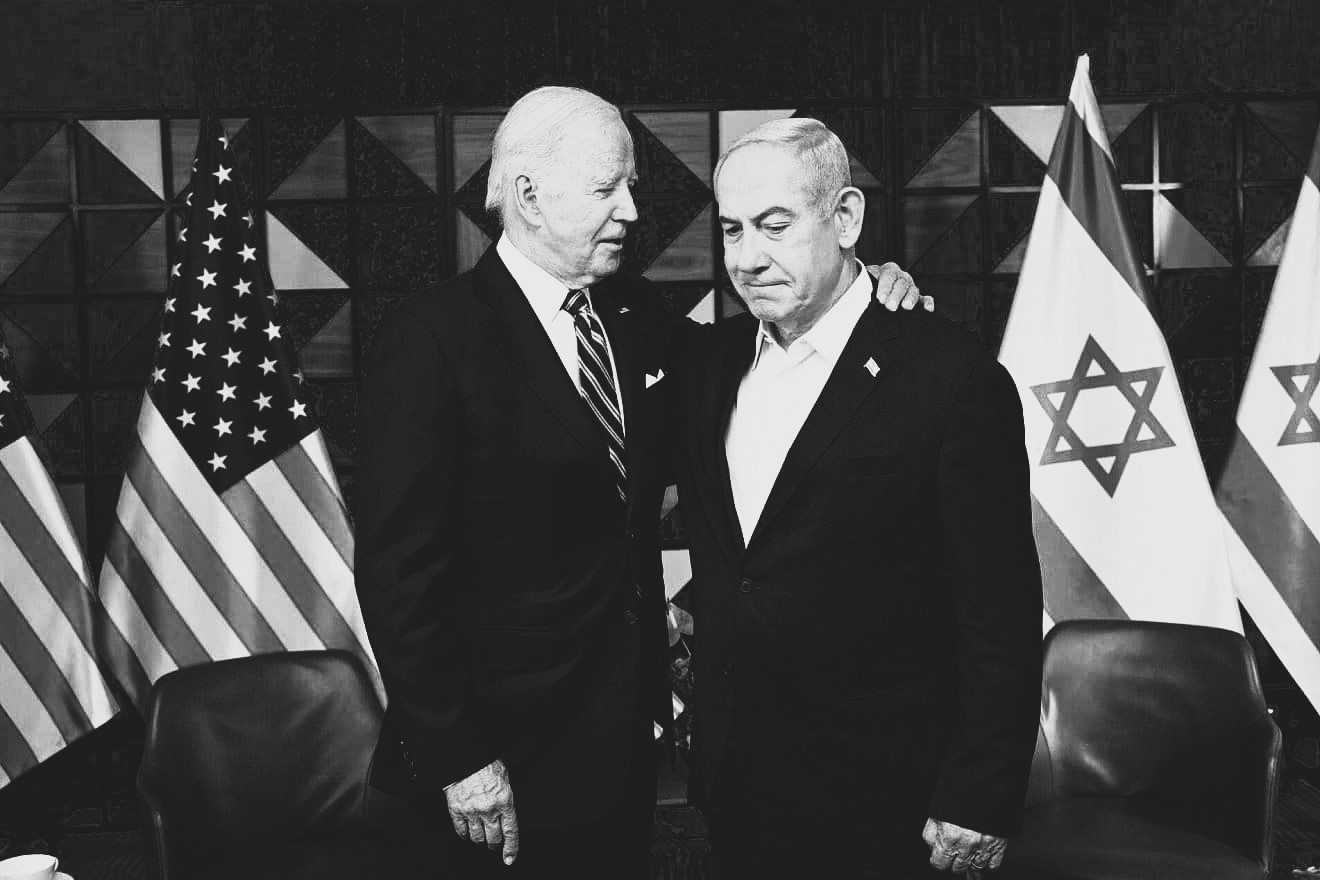
Published 04/19/2024 16:33 | Edited 04/19/2024 17:08
Out of deference to the United States, it was in the White House garden that the Prime Minister of Israel, Yitzhak Rabin, and the leader of the Palestine Liberation Organization (PLO), Yasser Arafat, signed the so-called “Oslo Accords”. It was September 13, 1993. In the previous months, negotiations for a peace plan, designed by President Bill Clinton’s government, had taken place in secret in the capital of Norway.
The official narrative points out that Rabin himself was initially unaware of the negotiations – which, on Israel’s part, were under the responsibility of the Minister of Foreign Affairs, Shimon Peres. So much so that when it came to shaking hands at the White House, under Clinton’s enthusiastic gaze, Rabin was unable to hide a certain discomfort. “This signing is not easy for me”, said the Israeli leader, who then surrendered to the celebration: We who fight against you, Palestinians, tell you today with a clear and strong voice: enough with the blood and tears. Enough”.
Among other agreements, the agreements provided that Israel would leave the Gaza Strip and the West Bank – territories west of the Jordan River that were invaded and occupied in 1967, during the Six-Day War. The Palestinians would have the right to self-government in this area, which represented the greatest advance in the struggle to make the Palestinian State viable.
Because of Oslo, the 1994 Nobel Peace Prize was awarded to Arafat, Rabin and Peres. But Arafat himself made a point of recognizing that Bill Clinton, more than a mediator, was a kind of architect of the agreements: “I would like to thank President Clinton and his administration for making this historic event expected by everyone possible. I take this opportunity to assure the great American people that my people share your ideals of freedom, justice and human rights.”
Peace and the Palestinian State did not materialize. With the assassination of Rabin in 1995 and the arrival of Benjamin Netanyahu to power in 1996, Israel tore up all points of the Oslo Accords. Post-Clinton American presidents have not shown any desire to return to the agenda either.
Since October 2023, the United States has invariably endorsed the genocide that Israel commits in the Gaza Strip. Amid timid and occasional demonstrations of opposition to one or another “excess” of the Israeli Army, the Joe Biden government disdained the Palestinian cause and ignored the deaths of 35,000 civilians.
Since 2012, Palestine has been considered an observer at the UN (United Nations), with the right to voice – but not vote – in the General Assembly. Its biggest demand is full membership, which would make Palestine the 194th member state of the UN. Around 140 countries support the proposal. “Our right to self-determination is a natural and historic right to live in our homeland as an independent, free and sovereign state,” said Riyad Mansour, Palestine’s ambassador to the United Nations.
The UN Security Council, made up of 15 members, five of which are permanent (China, USA, France, Great Britain and Russia), considered the request this Thursday (18). In addition to a majority vote, a measure is only approved there if it does not have a veto from any of the permanent members.
Before the vote, Brazil, once again, took a stand in defense of Palestinian self-determination. “Brazil encourages the Security Council to analyze the request based on its main point – that the historical injustice that is the Palestinian aspiration for recognition of their State be repaired by peaceful means,” said Brazilian Foreign Minister Mauro Vieira at the UN. . “The time has come for the international community to finally welcome a fully sovereign and independent State of Palestine as a member of the United Nations.”
Palestinian accession received the vote of 12 countries and two abstentions – but received a US veto. According to the US State Department, “the fastest path to the creation of a state for the Palestinian people is through direct negotiations between Israel and the Palestinian Authority.” More than 30 years after the Oslo Accords, the United States does not even want to express its own opinion on the matter. In practice, silence or omission is a way of sabotaging the Palestinian State.
Source: vermelho.org.br

